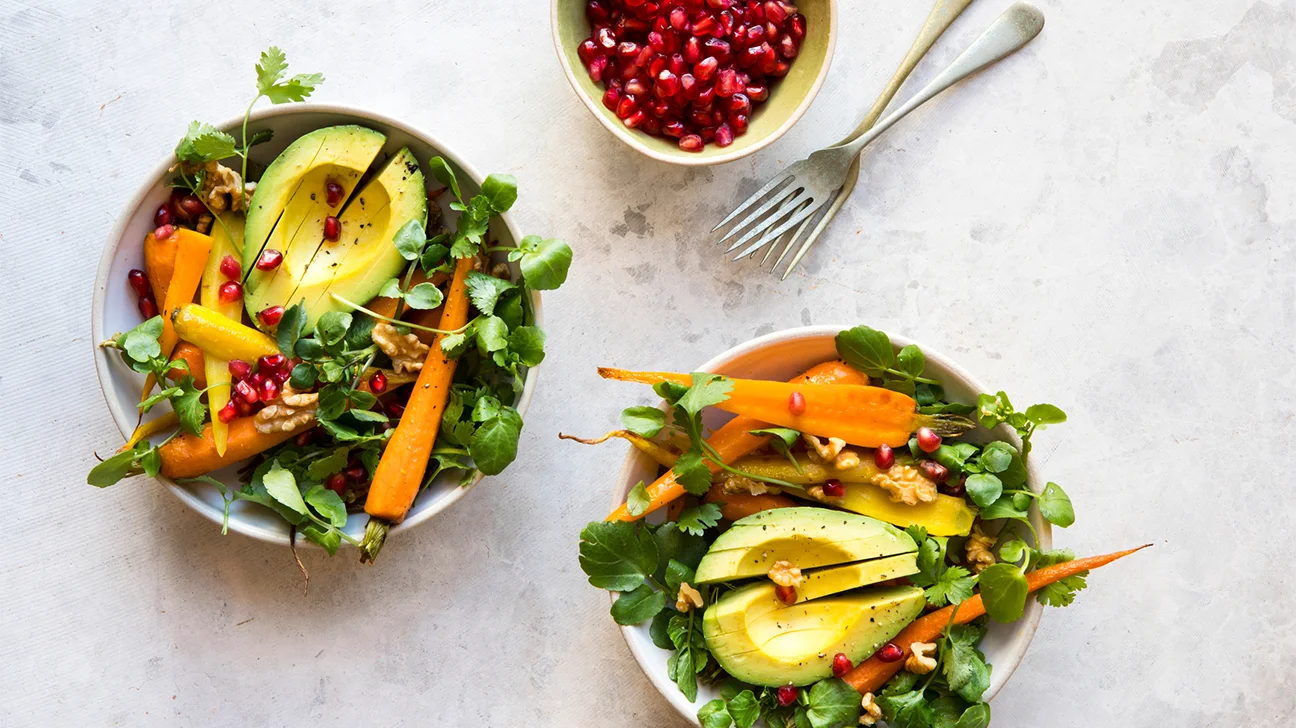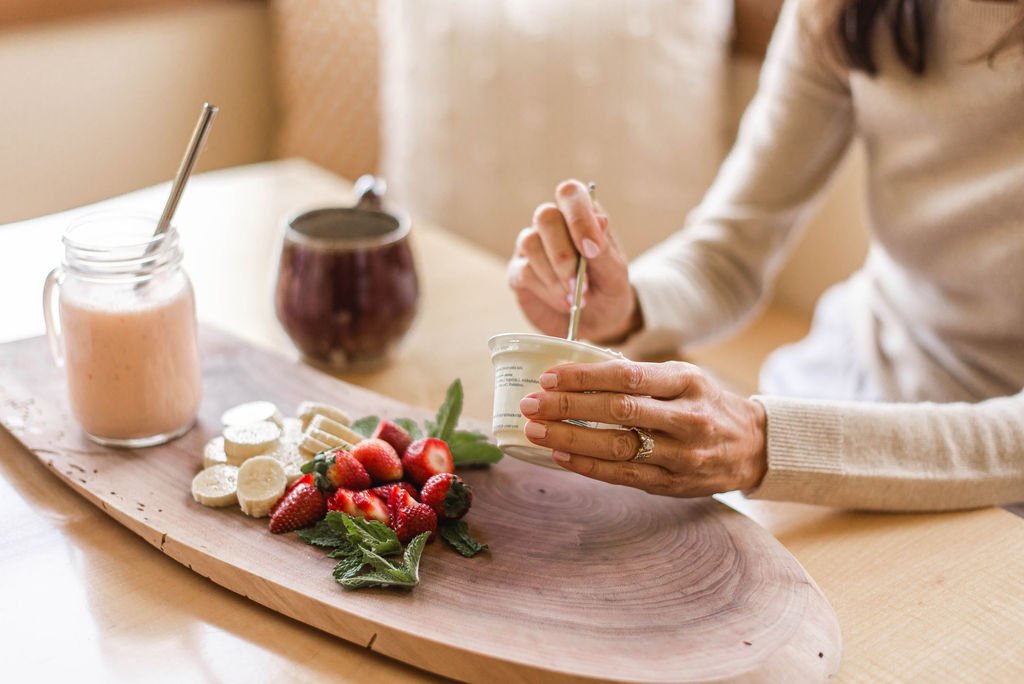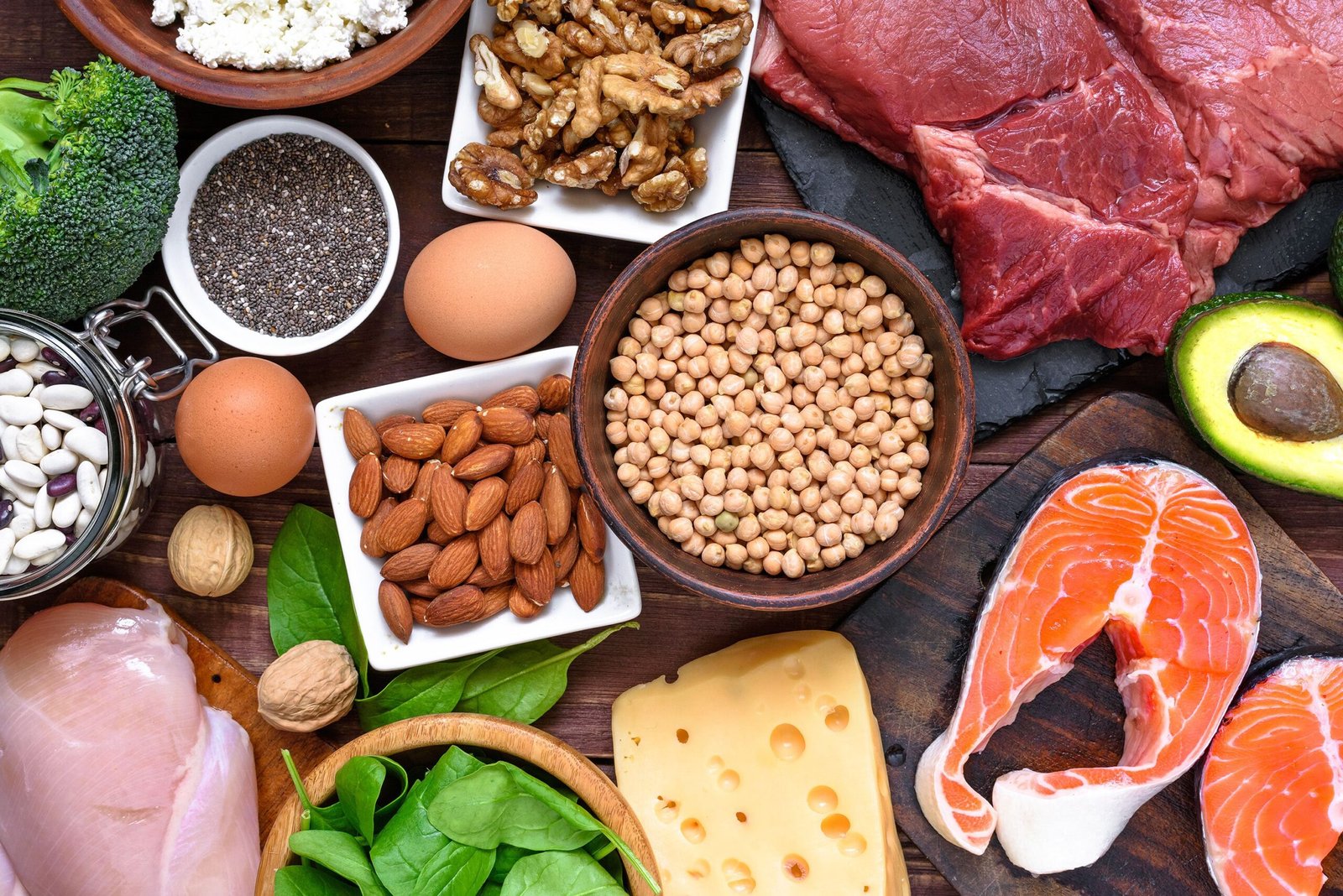Antioxidants are vital for supporting healthy aging, especially for women over 50. As we age, our bodies become more susceptible to oxidative stress, which is linked to various chronic conditions. According to Mayo Clinic article consuming antioxidants can help reduce this stress, potentially lowering the risk of diseases such as cancer, heart disease, and cognitive decline. Rich sources of antioxidants include fruits, vegetables, nuts, seeds, and whole grains. These foods help maintain cellular health, improve immune function, and protect the skin from the harmful effects of aging.
Table of Contents
As women age, maintaining optimal health becomes increasingly important. Antioxidants are compounds found in a variety of foods that play a crucial role in promoting health and mitigating age-related changes. For women over 50, adding antioxidants to their diet can provide many benefits, from supporting heart health to improving the appearance of the skin. This article explores the various benefits of antioxidants for women over 50 and how to include them in a balanced diet.
Introduction
Antioxidants are molecules that neutralize free radicals, unstable compounds that can damage cells and contribute to aging and disease. Free radicals are produced naturally in the human body through metabolic processes, and can also be produced by environmental factors such as pollution and ultraviolet radiation. By neutralizing these free radicals, antioxidants help protect cells against oxidative stress, which is associated with chronic diseases and premature aging.
Improve heart health
Heart disease is a major health problem for women over 50. Antioxidants play a crucial role in heart health by reducing inflammation and preventing oxidative damage to blood vessels. Important antioxidants beneficial for cardiovascular health include:
Vitamin C
Vitamin C is a powerful antioxidant that helps protect blood vessels from damage and supports overall cardiovascular health. It also improves the absorption of plant iron, which is important for maintaining healthy blood levels.
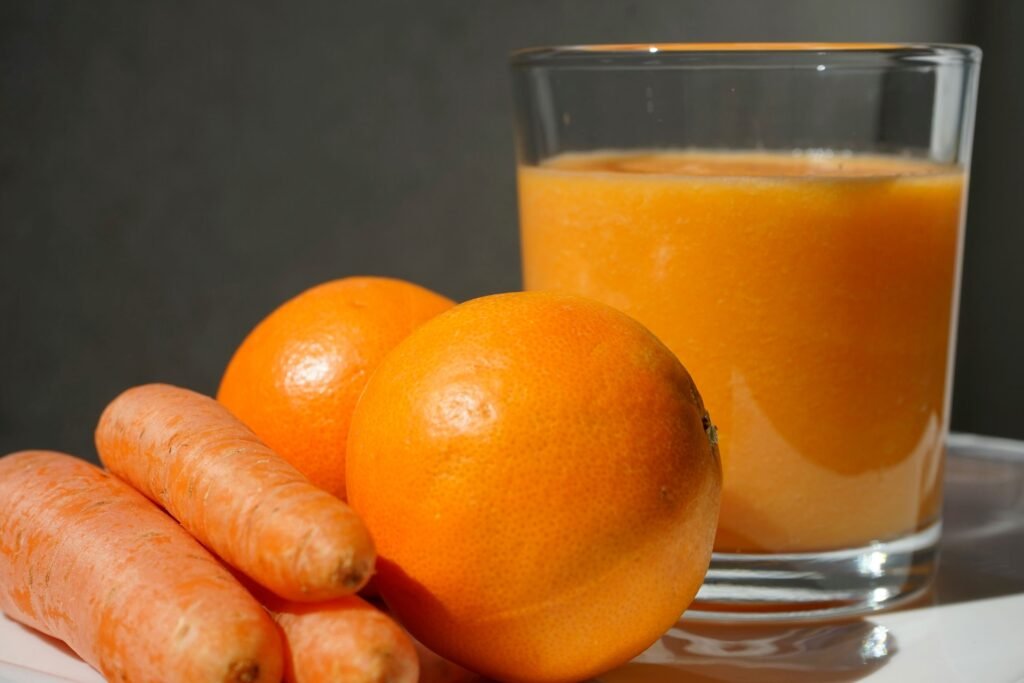
Vitamin E
Vitamin E is known for its role in reducing oxidative stress and preventing oxidation of LDL cholesterol, a key factor in the development of atherosclerosis. Sources of vitamin E, such as nuts, seeds and green leafy vegetables, can support heart health.
Flavonoids
Flavonoids in fruits, vegetables and tea have anti-inflammatory and antioxidant properties that help improve blood vessel function and reduce the risk of heart disease. Berries, apples and citrus fruits are excellent sources of flavonoids.
Support brain health
Cognitive decline is a problem as women age, but antioxidants can support brain health and cognitive function.
Vitamin C and E
Vitamins C and E both protect brain cells against oxidative damage. Vitamin C is essential for the synthesis of neurotransmitters, while vitamin E helps maintain healthy brain function and may reduce the risk of neurodegenerative diseases.
Omega-3 fatty acids
Although omega-3 fatty acids are not a traditional antioxidant, they do act as antioxidants and are essential for brain health. Omega-3 fatty acids, found in fatty fish such as salmon and flaxseed, support cognitive function and may help reduce the risk of cognitive decline.
Improve skin health
As we age, our skin undergoes significant changes, including reduced elasticity and increased dryness. Antioxidants can help improve skin health by combating oxidative stress and promoting a youthful appearance.
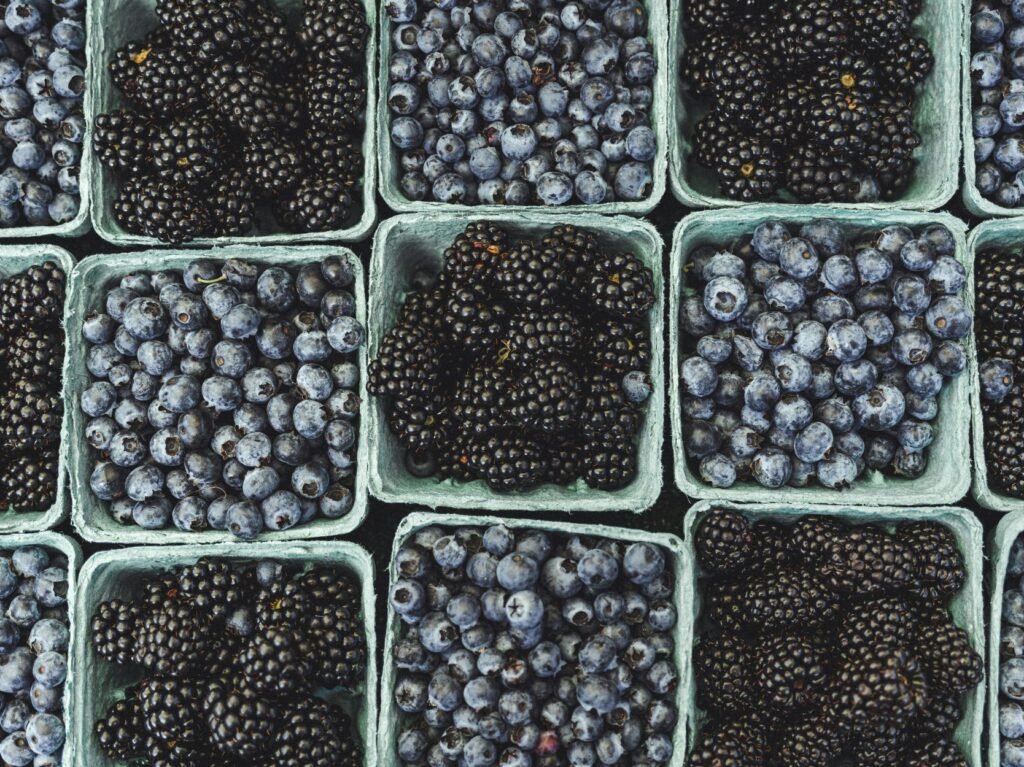
Vitamin C
Vitamin C is essential for the production of collagen, which helps maintain skin elasticity and reduce wrinkles. It also protects the skin from damage caused by UV rays and environmental pollutants.
Vitamin A
Vitamin A, found in foods such as sweet potatoes and carrots, supports skin health by promoting cell turnover and reducing fine lines and wrinkles. It also has anti-inflammatory properties that can be beneficial for skin conditions such as acne and eczema.
Improve immune function
A strong immune system is vital for overall health, especially as we age. Antioxidants can help support immune function by reducing inflammation and protecting immune cells from oxidative damage.
Selenium
Selenium is a trace mineral that has antioxidant properties and may support immune function. It helps protect immune cells from oxidative stress and is found in foods such as Brazil nuts, seafood and whole grains.
Zinc
Zinc is another essential mineral that plays a role in maintaining a healthy immune system. It supports the function of immune cells and has antioxidant properties that help prevent oxidative damage.
Manage the joint
Fruits, vegetables and whole grains often contain antioxidants that support digestion. Fiber promotes regular bowel movements and prevents constipation, while antioxidants reduce inflammation in the digestive tract.
Probiotics and antioxidants
Probiotics are beneficial bacteria found in fermented foods that, along with antioxidants, support digestion. Antioxidants help protect these beneficial bacteria from oxidative damage, allowing them to effectively support digestion.
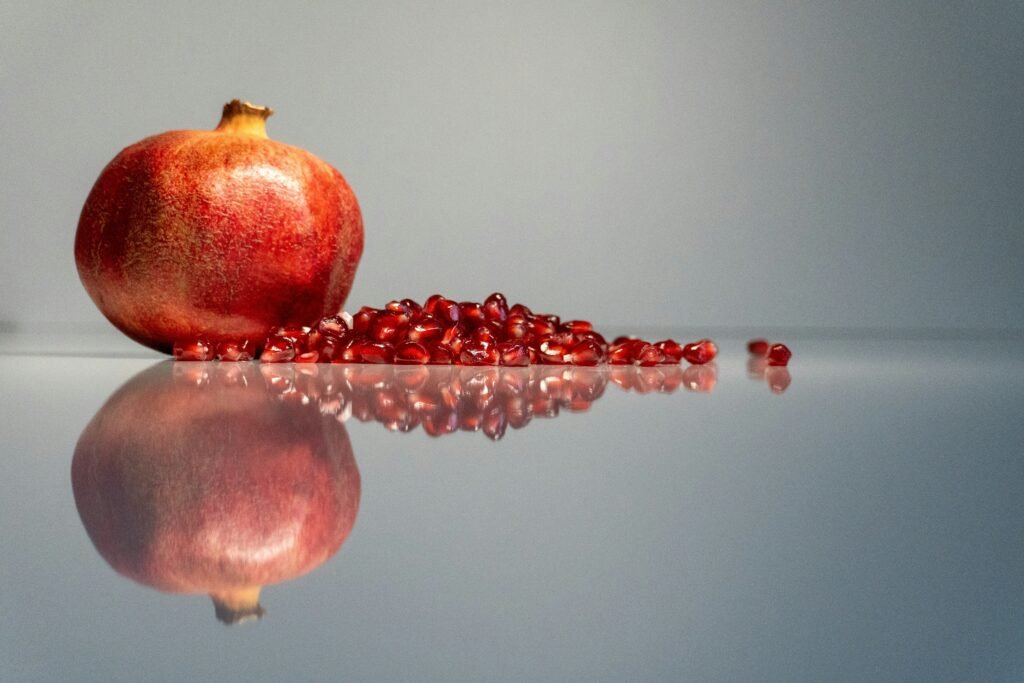
Include antioxidants in your diet
To reap the benefits of antioxidants, you can include a variety of antioxidant-rich foods in your daily diet. Here are some practical tips:
- Eat the rainbow: Try to include a variety of colorful fruits and vegetables in your meals. Each color represents a different antioxidant and health-promoting nutrient.
- Nut and Seed Snacks: Nuts and seeds are excellent sources of antioxidants, healthy fats and essential nutrients. Add them to your snacks or meals.
- Enjoy herbal teas: Herbal teas, such as green tea and hibiscus tea, are rich in antioxidants and can be a healthy alternative to sugary drinks.
- Add spices to your meals: Spices like turmeric, cinnamon and ginger are not only delicious, but also rich in antioxidants.
Conclusion
Antioxidants offer many benefits for women over 50, supporting heart health, brain function, skin health, immune function, joint health and digestion. Including a variety of antioxidant-rich foods in your diet can help protect your body from oxidative stress and promote overall health. Eat a balanced diet rich in fruits, vegetables, nuts, seeds and whole grains to harness the power of antioxidants and support a healthy, vibrant life.
Disclaimer: The content in this article is based on my personal experiences and is intended for informational purposes only. I am not a doctor or medical professional. Always consult with a healthcare provider before making any changes to your exercise routine or lifestyle, especially if you have any health concerns or conditions.
My mission is to celebrate the wisdom, resilience, and vitality of women as they navigate menopause, embrace life’s transitions, and step confidently into the next phase. Whether you’re exploring ways to stay fit, looking for health tips to prevent common issues, seeking inspiration for a fulfilling lifestyle, or simply wanting guidance on diet, I’ve got you covered.
Dive into our articles on fitness, health, lifestyle, nutrition and more to find the support and insights you need!

